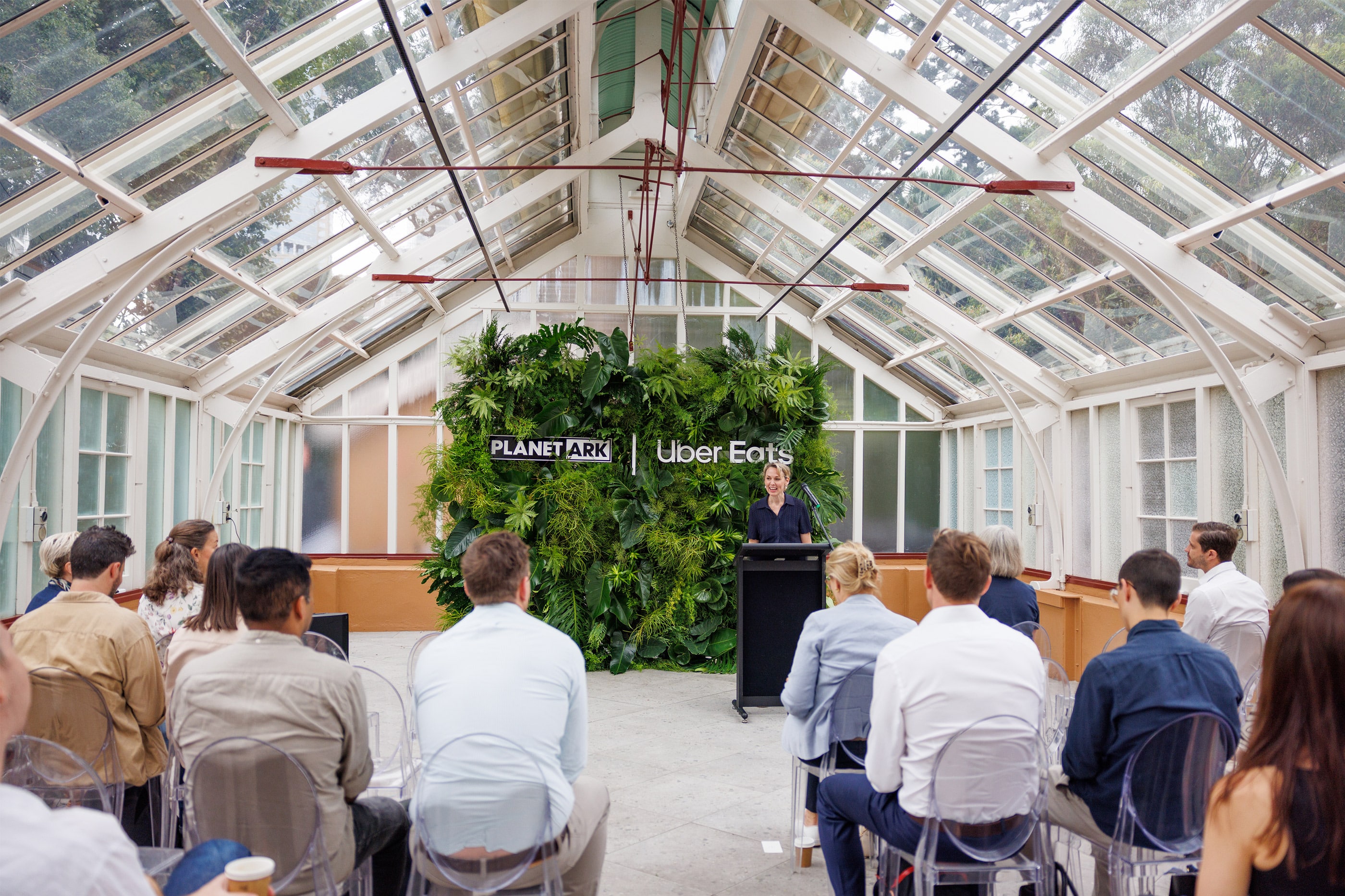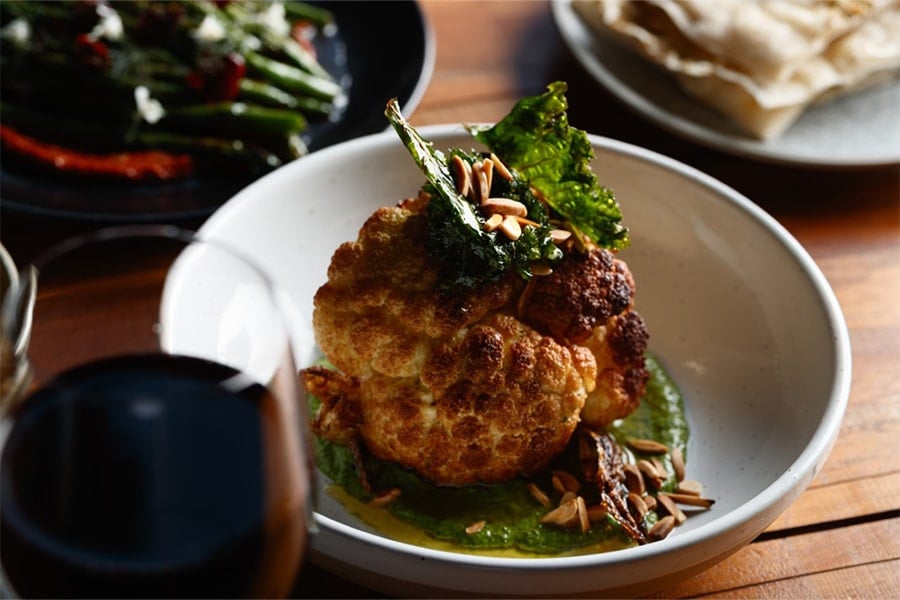
Ordering takeaway through Uber Eats is an experience hard to fault. Who doesn't love having their favourite food delivered directly to their home, without so much as having to change out of their pyjamas? And there's the added bonus of not having any dishes to do afterwards. But if there's one thing we don't love about the process, it's the waste produced via plastic packaging. According to the recent release of the Restaurant Pulsecheck Report, sustainability was a key focus for restaurant owners, and the most appealing social cause for customers.
But as of today, Uber Eats are taking their sustainability initiatives up a notch, so you can order your takeaway guilt-free. Partnering with Australia’s preeminent environmental organisation, Planet Ark, the company have announced a multi-year, million-dollar initiative aimed at helping Australian restaurants move towards more sustainable packaging options.
And with more than 50 thousand restaurant partners, and millions of people using their platform each month, Uber Eats are pretty uniquely placed to leverage change within the industry.
What exactly does the partnership entail?
The partnership will see $13 million invested by Uber Eats over the course of three years in sustainable packaging options, in an effort to curb waste, and transition to reusable, recyclable and compostable packaging options by 2030.
The investment over the next three years will go towards programs and subsidies designed to encourage partner restaurants and businesses to adopt and embrace more sustainable takeaway packaging.
What's been done so far?
The first milestone between the two organisations has been consultation on a framework developed for Uber Eats by the University of Technology Sydney’s Institute for Sustainable Futures.
The peer-reviewed framework identifies whether a restaurant's packaging meets certain sustainability criteria, including what is considered reusable, recyclable or compostable within the framework.
Uber Eats have already seen a significant reduction of plastic waste by making cutlery opt-in when ordering through their app. "We estimate eaters have helped reduce the equivalent weight of four jumbo jets worth of plastic forks, spoons and the like ending up in Australian landfill," said Bec Nyst, General Manager at Uber Eats ANZ.
What's next?
Nyst said of the company's next steps: "We’ll look to identify additional system changes to accelerate the uptake of more sustainable packaging options across Australia. We’ll use our scale and relationships with suppliers to improve the unit economics on more sustainable packaging and finally we will explore rewarding restaurants investing in this type of packaging with enhanced visibility on our platform."



